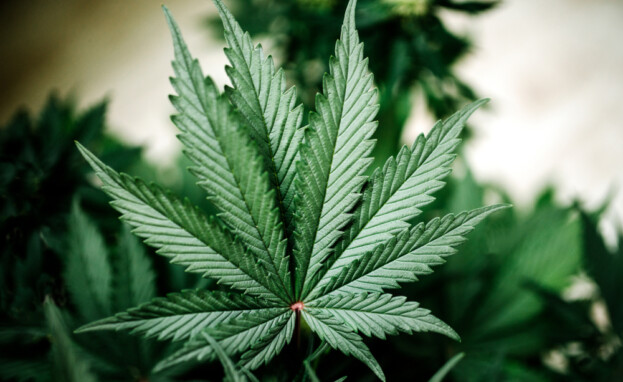Medical marijuana has been on the scene for a while, but Marylanders recently voted to legalize recreational cannabis. Starting July 1, 2023, adults 21 and older may legally possess up to 1.5 ounces of usable cannabis and cultivate up to two cannabis plants, out of the public view.
Now that recreational cannabis is being legally rolled out (and medical marijuana is not going anywhere), what can Maryland community associations do about potentially smoky hallways and odorous common areas?
LET’S BE BLUNT: Your community’s governing documents and association’s authority to take enforcement action will remain intact
The new legislation makes the use, possession, and cultivation of recreational cannabis not illegal, but does not grant individuals an affirmative right and protection to use, possess, and cultivate recreational cannabis. No part of the legislation overrides an association’s ability to regulate its own property.
This means that your community’s governing documents (think: covenants, bylaws, occupancy agreement) may be more restrictive than this new law. In other words, even if Maryland law allows recreational cannabis, your association may prohibit it on the common areas and common elements, and, upon adopting an amendment to the governing documents, may prohibit the same in units, lots, and dwellings.
KNOW YOUR CBDs: Handling reasonable accommodation requests for cannabis
Your next door neighbor may be suffering from cancer or another legitimate disability and requests a reasonable accommodation to smoke cannabis in the unit. Now what?
Well, marijuana and cannabis remain an illegal Schedule I controlled substance under federal law.
The story goes that the federal Fair Housing Act (FHA) generally requires that a community association grant a reasonable accommodation request when it is necessary to afford a person with a disability the full enjoyment of the premises. However, the FHA expressly does not protect persons who engage in the current illegal use of a controlled substance.
While the law is evolving, courts are unlikely to hold that the use of a drug that is illegal under federal law constitutes a “reasonable” accommodation under the FHA and that community associations are required to accommodate requests for cannabis use under the FHA.
That said, your association may choose to grant a reasonable accommodation request on the condition that the drug be ingested as an edible or some other form that eliminates or reduces any resulting odor and smoke.
If you have any questions or want to know more, you can contact Nura at 301-347-1520 or by email at [email protected].


